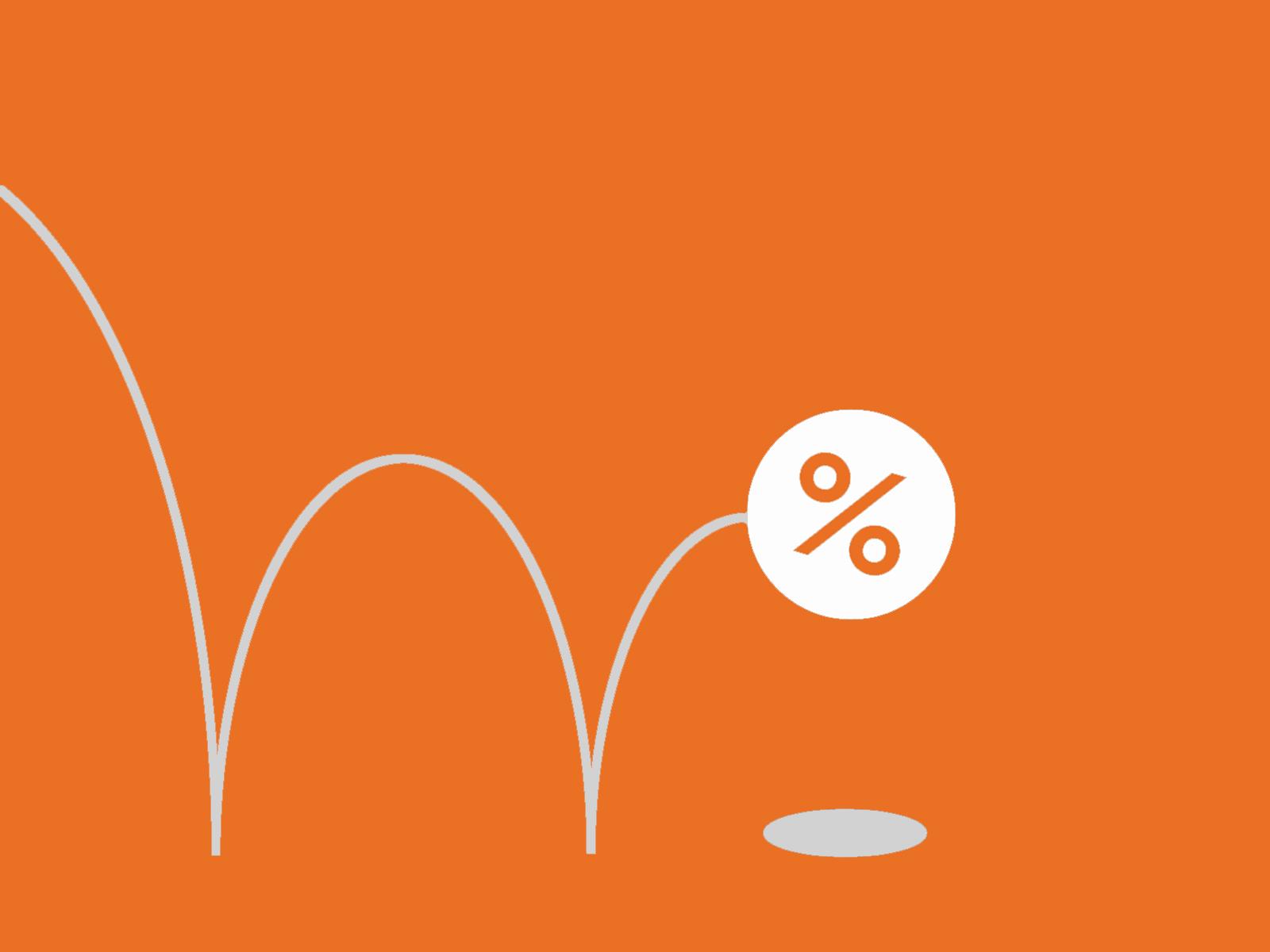Top 3 conditional offer options
When you're house hunting and you find a home like you'd like to call your own, it's time to seal the deal by making the offer to purchase. The offer has several key items, including: offer price, chattels, closing date and of course, conditions.
A condition is a way to protect yourself as a buyer when making an offer. That being said, carefully consider how many conditions you're going to put in your offer. The number of conditions you'll include in your offer may depend on the type of market you're buying in.
In a buyer's market (when there are plenty of homes to buy) or balanced market (where buyers and sellers are on even footing), you can typically include more conditions. But if you're in a seller's market (where there are lots of buyers and few homes for sales), including too many conditions can cause you to lose out on your dream home.
While making a clean offer (an offer without any conditions) can help you buy your dream home in a bidding war, you're leaving yourself vulnerable.
You can have a condition for just about anything, but the most common ones include home inspection, financing and selling your current home. The deal is only made final once all the conditions have been met.
Condition of home inspection
For most families, buying a home represents the single largest financial transaction of their lifetime. While a home is generally considered a good long-term investment, you won't know for sure unless you get a home inspection. A home inspection typically costs about $500. An inspection from a certified and licenced home inspector is money well spent. It helps confirm the home you're buying is in good condition.
In red-hot real estate markets like Toronto and Vancouver, it's common for buyers to waive the condition of home inspection. Not only is this risky, it can prove costly if unexpected repairs turn up. Instead of waiving this condition, consider getting a “pre-inspection," which is an inspection before making an offer. That way you can rest at ease knowing you're buying a rock-solid investment.
Condition of financing
Once you've made an offer on a property and it's been accepted, the lender will want to do an appraisal to confirm you paid fair market value for it and that it's in good condition. A property appraisal typically costs between $300 and $500.
The condition of financing protects you if your mortgage approval hits a snag. If your mortgage application is denied because you were laid off from work or your lender's appraisal came in lower, the condition of financing potentially gives you an out.
Condition of selling your current home
This condition is more common in a buyer's market where sellers outnumber buyers. When an offer is conditional on the sale of your current home, it means that you have to sell your current home before the offer is considered firm. Depending on how long it takes you to sell your home, this could leave the seller waiting a while, and if you're not able to sell your home, the deal could be put in jeopardy. This protects you by not being in the untenable situation of carrying two homes at the same time.

